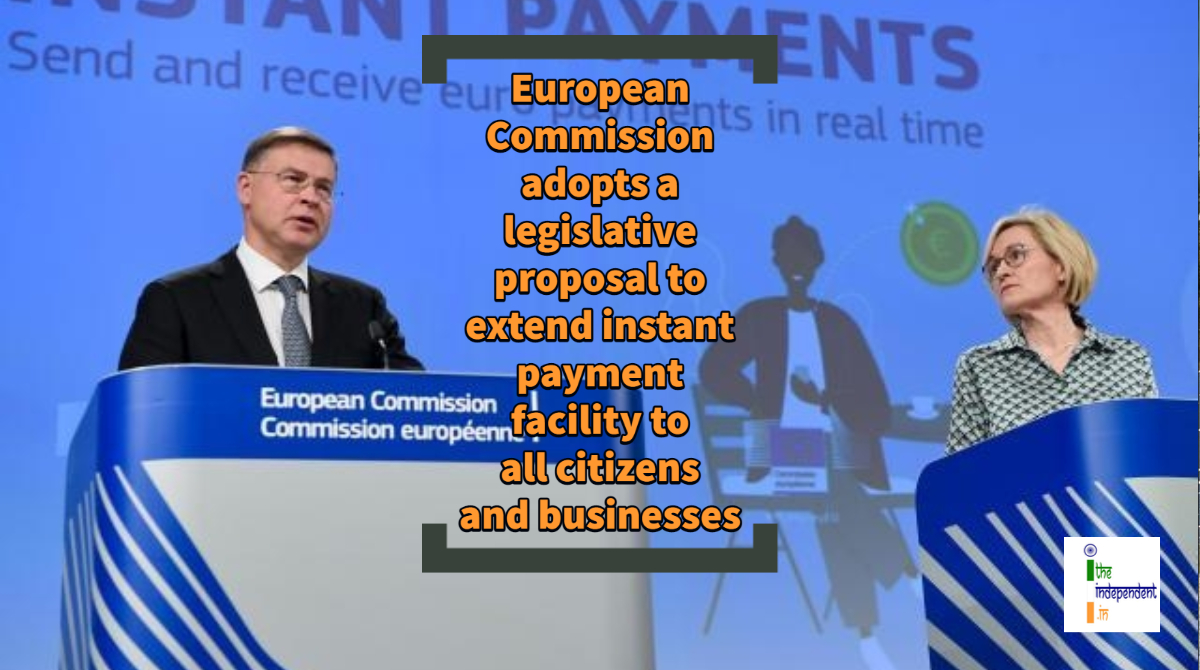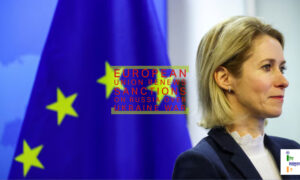
The European Commission has adopted a legislative proposal to extend the facility of instant payments in Euro to all the citizens and businesses in the bloc, which have a bank account in E.U. and EEA
The European Commission has adopted a legislative proposal to extend the facility of instant payments in Euro to all the citizens and businesses in the bloc, which have a bank account in the European Union (E.U.) and European Economic Area (EEA).
Instant payments allow people to transfer money any time within 10 seconds. This is much faster as compared to traditional credit transfers, which are received by payment service providers only during business hours and arrive at the payee’s account only by the following business day, which could take upto 3 days.
Instant payments help improve cash flow and bring cost savings for businesses, especially for SMEs, including retailers.
They free up the funds which get locked in transit in the financial system, which can be used sooner for consumption or investment. Almost € 200 billion euro are locked on any given day. At the beginning of 2022, only 11% of all euro credit transfers in the E.U. were instant. This proposal aims to remove the barriers that prevent instant payments and their benefits to become more widespread.
The Executive Vice-President for an Economy that Works for People – Valdis Dombrovskis said, “Instant payments are fast becoming the norm in many countries. They should be accessible to everyone in Europe too, so that we stay globally competitive and make the most of the innovation opportunities offered by the digital age. People gain with more choice and convenience, businesses gain with better control of their cash flow and lower operational costs. Today’s proposal will strengthen our economy, make it more efficient and help it to grow.”
The proposal amends and modernises the 2012 Regulation on the Single Euro Payments Regulation (SEPA) and consists of 4 requirements regarding euro instant payments. These include making instant euro payments universally available and making instant euro payments should be affordable, with an obligation on payment service providers to ensure that the price charged for instant payments should not exceed the price charged for traditional, non-instant credit transfers in euro.
It should ensure increased trust in instant payments, with an obligation on providers to verify the match between the bank account number (IBAN) and the name of the beneficiary provided by the payer in order to alert the payer of a possible mistake or fraud before the payment is made. Besides, it should remove friction in the processing of instant euro payments while preserving the effectiveness of screening of persons that are subject to E.U. sanctions.
The move will drive innovation and competition in the E.U. payments market, in full conformity with existing rules on sanctions and fighting financial crime. It will also contribute to the European Commission’s wider objectives on digitalisation and open strategic autonomy.







